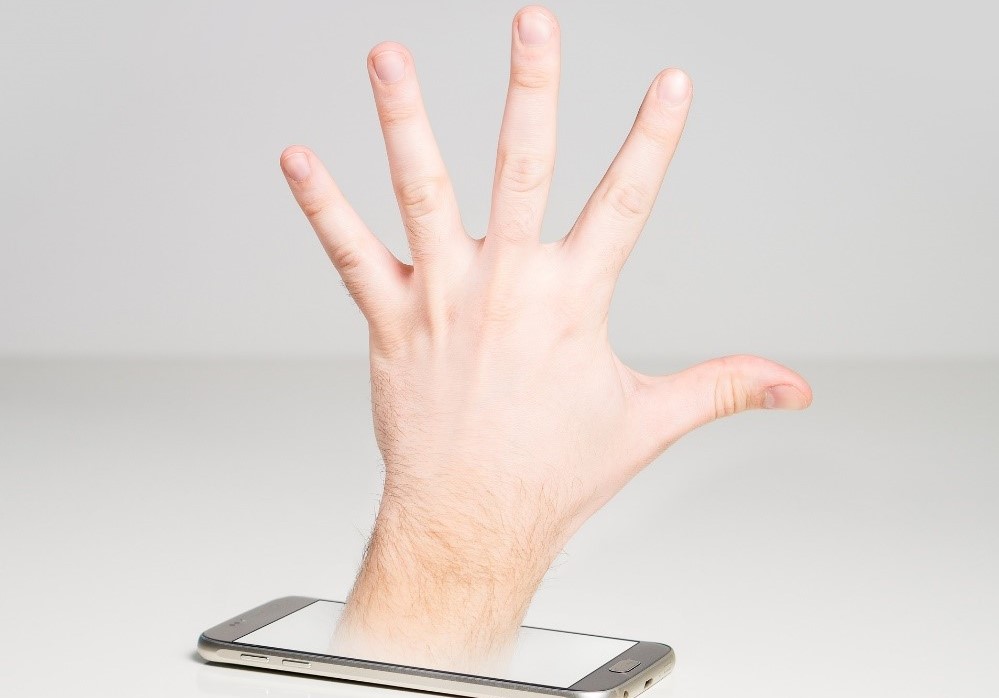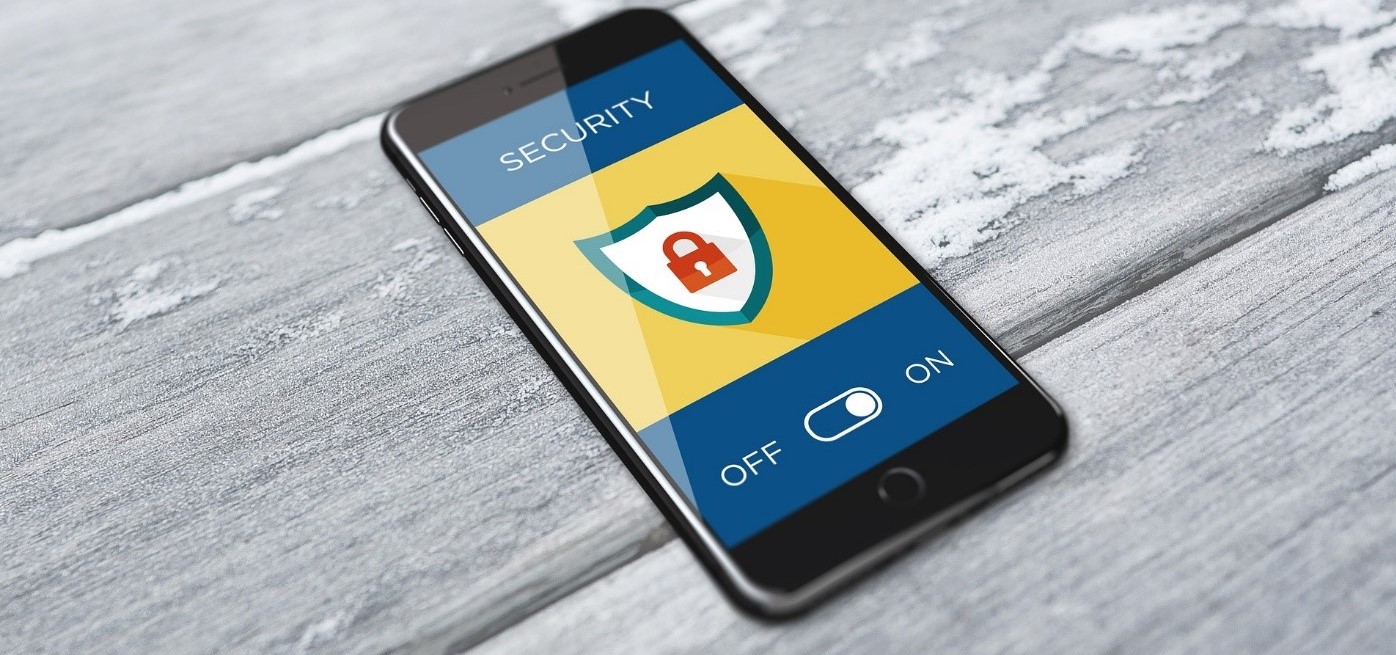


It’s commonplace today for employees to bring their own devices to work (BYOD) and it’s becoming even more commonplace for employees to use their own devices for work. While this offers convenience, it is also the biggest security threat to your business. Because they are not set up by your company’s IT department, they lack the cybersecurity protection required for company-owned devices, therefore making your personal cell phone easier to hack and gain access to sensitive information stored locally. In this article, we’ll tell you the top mobile security threats and what you can do to address them within your corporation.
Many individuals grant extensive permissions on their personal cell phones when they install mobile apps, sync their social media accounts, and when syncing different apps so that they can work seamlessly together. All that syncing and permission granting allows personal data, and corporate data, to be sent unsecured to remote servers, where cybercriminals can gain easy access.
Everyone loves getting things for free, that’s why free wireless hotspots are used so often. The problem presents itself when you access free Wi-Fi you are opening a free gateway to access your phone and all its data. Unsecured Wi-Fi is the leading cause for hacked accounts, stolen credit card and financial information, and virus transmission. Basically, anything stored on your phone is up for grabs.

With new phones coming out each month, your current phone becomes quickly obsolete. Outdated phones are more vulnerable to attacks because they are not running the most up-to-date software and security patches and updates. Outdated devices are not guaranteed to be automatically updated with ongoing updates regularly, so all those security patches and fixes that companies push out may be missed on your device.
We have passwords for everything now, so many that most people opt to use one password for most of their logins, rather than having to remember a unique password for each login. The problem with this is, if one password is hacked, all your accounts are now open to access. One leaked password can open the door for criminals to access anything on your phone, this includes access to your corporate network and all its sensitive information.
The bottom line is that personal cell phones are easier to gain access to than a corporate device. If you use your personal phone to access work information, to reduce your mobile security threats make sure that your device meets the standard security policies set up by your company’s IT department.
Do you know if the personal devices used at your work are secure? We’ll help you find out.
CONSULT WITH AN EXPERT